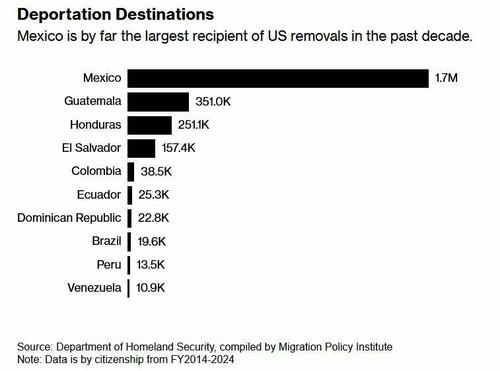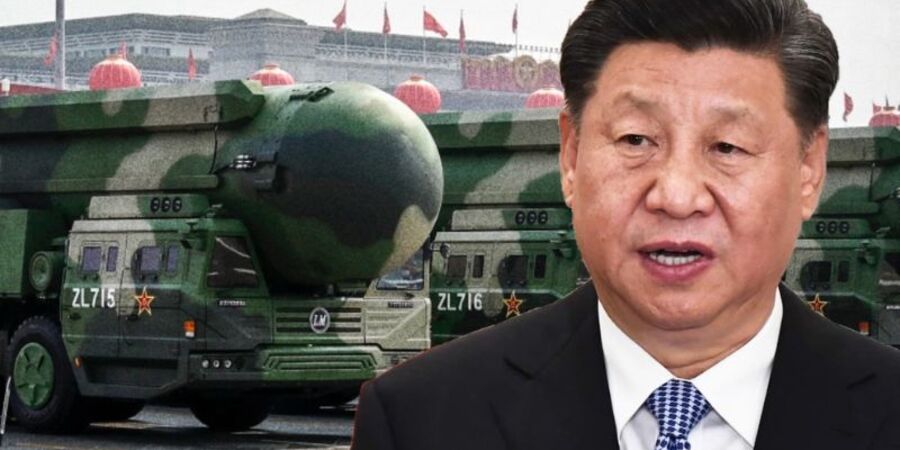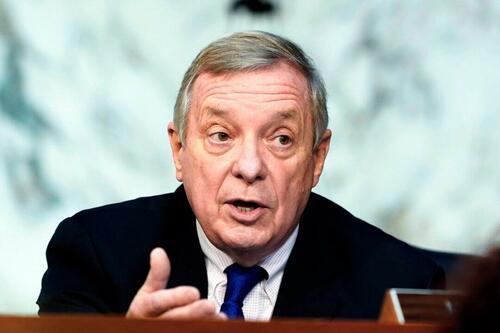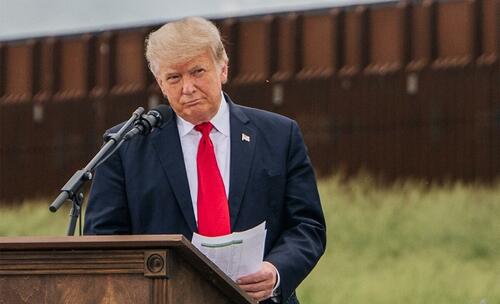President-elect Donald Trump’s transition team has begun reaching out through back channels to the governments of Mexico and El Salvador to prepare for his mass deportation plan, according to Bloomberg, citing people familiar with the matter. The conversations, which involve Trump advisers and informal intermediaries, are part of an effort to lay the groundwork for returning millions of undocumented immigrants as soon as Trump takes office.
While Trump has addressed migration broadly with Mexico’s President Claudia Sheinbaum and El Salvador’s President Nayib Bukele, his team has held more detailed discussions through intermediaries, including businesspeople, to ensure deportation plans can proceed swiftly, the people said on condition of anonymity.
“We’re already talking,” said Tom Homan, Trump’s designated “border czar,” during a November visit to Texas alongside Governor Greg Abbott. “We’re already planning. We’re going to put a plan in place and secure this nation at the highest levels ever seen.“
The Challenge of Deportations
Trump’s deportation push—aiming to target millions of undocumented immigrants, including over 1 million with final orders of removal—relies heavily on the cooperation of other countries. While Mexico and El Salvador have longstanding repatriation processes, Trump’s advisers acknowledge that reaching agreements with other governments, such as Venezuela, Cuba, Nicaragua, and China, will be far more challenging.
“Unless they can strike a deal with the governments of Venezuela, Cuba, and Nicaragua on deportations, it seems likely they will look for alternate destinations,” said Andrew Selee, president of the Migration Policy Institute, a Washington think tank. “That’s a really hard ask. If the Trump administration arrives just with a stick and no carrot, it’s going to be a tough negotiation.”
Trump addressed this difficulty Monday when asked about countries like Venezuela resisting deportation flights.
“They’ll take them back,” Trump said. “They’re all taking them back, yeah. And if they don’t, they’ll be met very harshly economically.”

Trump advisers involved in the outreach include incoming National Security Adviser Mike Waltz and Stephen Miller, Trump’s deputy chief of staff for policy, according to sources. Homan, while focused on domestic enforcement, has supported these efforts to build deportation infrastructure ahead of Trump’s January 20 inauguration.
Negotiations after Trump takes office are expected to be led by Florida Senator Marco Rubio, Trump’s nominee for Secretary of State, and Christopher Landau, Trump’s former ambassador to Mexico who has been tapped as Rubio’s deputy.
The conversations with Mexico have included preparations for deporting Mexican nationals, but the Mexican government has been clear it won’t accept deportees from other countries. “Mexico’s Sheinbaum has said the nation is ready to welcome back its own citizens,” said a senior Mexican official, “but it won’t accept those from other countries.”
El Salvador presents a different dynamic. Trump’s family maintains a close relationship with President Nayib Bukele, whose administration has remained friendly with Trump allies. Donald Trump Jr. attended Bukele’s second inauguration in June, and Trump’s ambassador nominee for Mexico, Ronald Johnson, has kept in close contact with Bukele since serving as U.S. ambassador to El Salvador.
Focus on Immediate Enforcement
Trump’s deportation strategy will begin with targeting individuals already facing deportation orders. “The priority will be those with no legal basis to stay,” said a person familiar with the plans, pointing to undocumented immigrants who have either committed crimes or exhausted their appeals and asylum processes.
U.S. Immigration and Customs Enforcement (ICE) has not responded to requests for updated figures, but Migration Policy Institute data shows that Mexico has received more than 1.7 million deportees over the past decade—more than the next nine countries combined.
Homan and Trump’s advisers argue that aggressive early action will set the tone for enforcement. “The American people re-elected President Trump because they trust him to lead our country and restore peace through strength around the world,” Karoline Leavitt, Trump’s transition spokeswoman, said in a statement. “When he returns to the White House, he will take the necessary action to do just that.”
While Trump’s relationships with Mexico and El Salvador remain relatively stable, cooperation from other nations remains uncertain. Trump’s transition team recognizes that countries like Venezuela, Cuba, and Nicaragua, which are often the origin points for migrants, have fraught diplomatic relations with the U.S. These nations rarely accept deportation flights, posing a major obstacle to Trump’s mass deportation plan.











